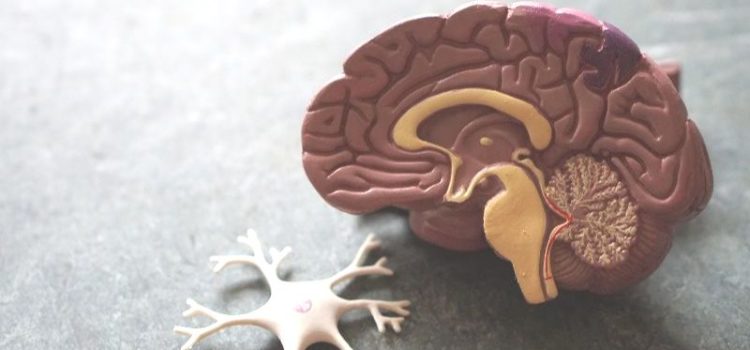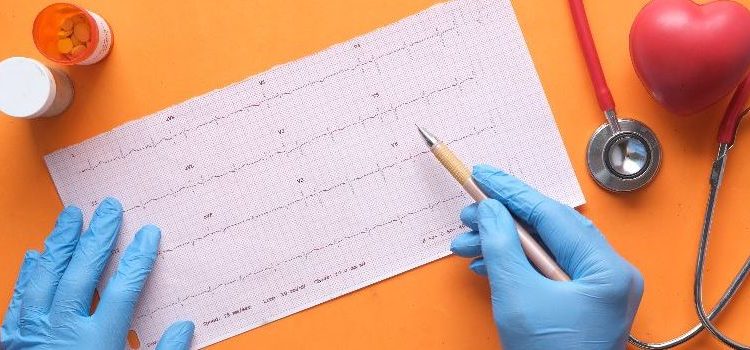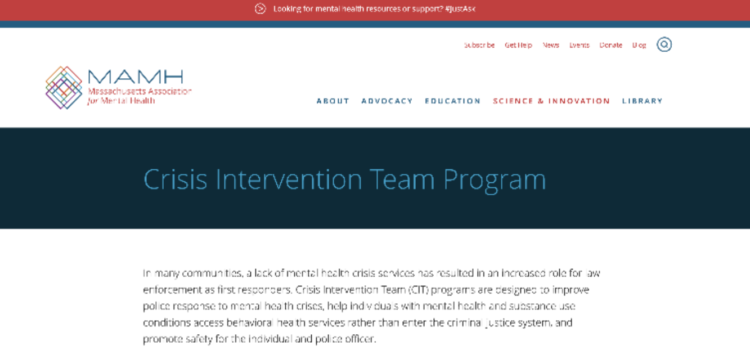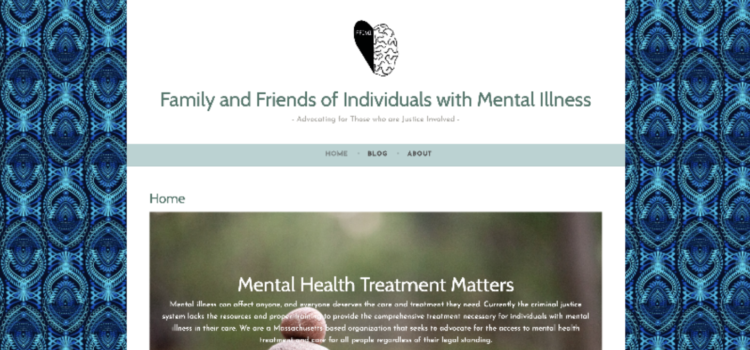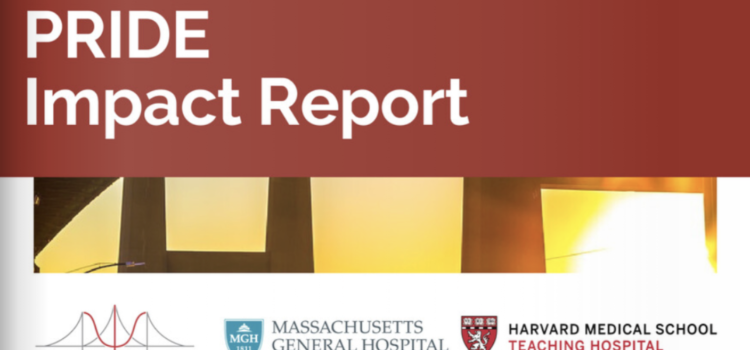As a lifelong overachiever, I always thought I could handle stress well. In my early years of high school, I juggled varsity sports, music, clubs, debate, work, and a busy social life, all while maintaining straight A’s. I had dreamt of attending an Ivy League university since I was 12, and in high school, I did everything in my power to make that a reality…
Personal Account: RE-SET Client Reflection



